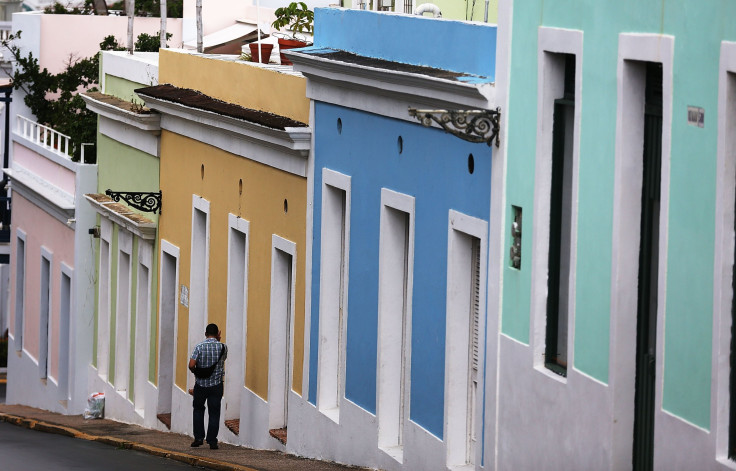Puerto Rico Debt Crisis Explained: 5 Things To Know About The Default And Congress

Puerto Rico defaulted Monday on $422 million worth of municipal bond debt, putting increasing pressure on Washington lawmakers to help broker a deal between creditors with stakes in the U.S. territory and the small island government. The default represents a relatively small chunk of the overall debt of $70 billion debt that is putting Puerto Rico underwater.
Here are five things to know about the debt crisis facing Puerto Rico.
What is Happening Now
The default is the biggest yet in the growing financial crisis in Puerto Rico, where banks act as the main depository and liquidity sources for public agencies and infrastructure authorities, Reuters reported.
Just after the default was announced, there were signs that major financial institutions in Puerto Rico were continuing attempts to work with creditors to resolve the issue. The night before the default, the Government Development Bank — the island’s main fiscal agent — announced a framework for restructuring. The agreement would require U.S. federal government approval and participation from the banks’ creditors.
It is unclear how receptive Congress would be to the framework.
How Did Puerto Rico End Up in This Crisis?
In the past few years, hedge funds and mutual funds bought huge amounts of Puerto Rico municipal bonds for cheap, betting the island would rebound and pay back its debts in full with big payouts to those who invested. The investors insisted the island make big cuts to government social services and worker pensions in order to pay back that debt.
What’s the Hold Up for Relief?
One of the biggest points of contention, at least as far as stateside lawmakers are concerned, is determining whether Puerto Rico can file for chapter 9 bankruptcy under the U.S. tax code. Creditors —and many Republicans in Congress — have argued that form of debt relief is not available to municipalities in a nonstate territory and say granting that debt restructuring would set a dangerous precedent. Democrats, on the other hand, have largely argued that giving the island’s government those types of restructuring tools is the only viable way to respond to the economic and growing humanitarian crisis there.
What Creditors Want
Simply put, creditors don’t want to lose money — and they’ve spent big money lobbying in Washington to ensure Puerto Rico doesn’t easily drop their bond commitments. Interested parties include hedge funds and banks, as well as millionaires and billionaires connected to the Koch network and Karl Rove. Other interested parties include debt insurers like Vanguard.
Beyond the Money
There’s more at stake to resolving this crisis than just money. While public services on the island are still running, the administration of U.S. President Barack Obama and others are concerned that the debt could lead to a humanitarian crisis. The Department of the Treasury is urging Congress to act swiftly on the issue and eyeing several scenarios, such as what would happen if local hospitals — which are expected to be hit by Zika virus cases this summer — aren’t able to pay their bills. Unemployment on the island has hit 12.5 percent, and doctors have been leaving the island at a rate of one per day.
© Copyright IBTimes 2024. All rights reserved.






















